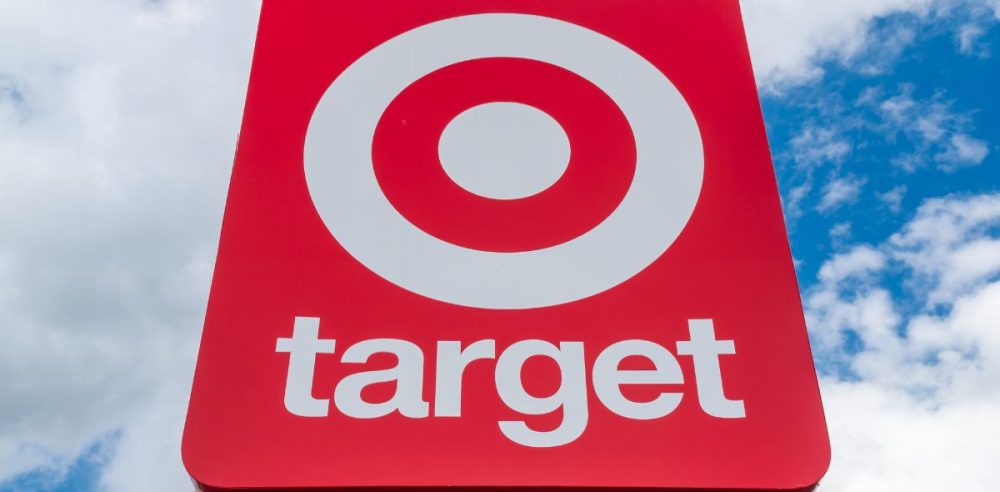Target is facing backlash and calls for a boycott after announcing it would scale back its Diversity, Equity, and Inclusion (DEI) initiatives.
The retailer revealed last week that it would end its Racial Equity Action and Change (REACH) program by 2025 and cease participation in external diversity-focused surveys.
These initiatives were originally designed to increase Black employee representation, enhance Black customer experiences, and support Black-owned businesses.
The decision has sparked criticism from activists and organizations, with some rejecting Target’s sponsorship in protest. Twin Cities Pride, for example, has cut ties with the retailer, emphasizing its commitment to LGBTQIA+ inclusion and equity. Some advocacy groups are urging consumers to boycott Target as a means of holding the company accountable for its shift away from DEI commitments.
However, the boycott is not without controversy.
Several Black-owned brands that partner with Target have warned that decreased sales could negatively impact their businesses. Entrepreneurs like Tabitha Brown fear that if sales decline due to a boycott, their products may be removed from Target shelves, ultimately affecting their revenue and visibility.
Target’s decision aligns with a broader corporate trend of reducing DEI commitments in response to political pressures. Other major companies, including Walmart and Amazon, have also scaled back DEI initiatives in recent months.
With consumers divided, the debate over DEI policies in corporate America continues, leaving Target at the center of a growing cultural and economic dispute.


